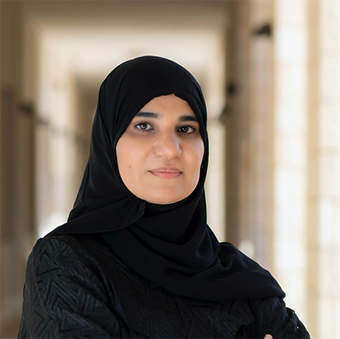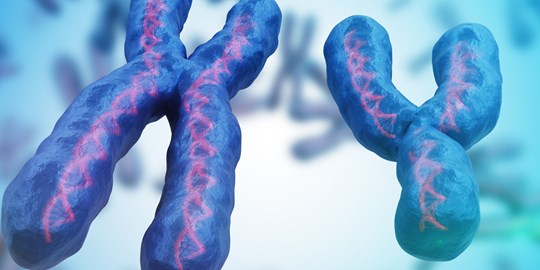
Professor Fatma Al Jasmi
Professor, Chair of Genetics & Genomics department at UAEU
Speaker's biography
Prof. Al Jasmi is Chair of the Genetic & Genomic Department at the College of Medicine & Health Science, UAE University, Al Ain. Metabolic Consultant at Tawam Hospital. She pursued her postgraduate studies at University of Toronto, and Hospital for Sick Children, Canada. In 2006, Prof. Al Jasmi received Canadian Board of Pediatrics and in 2008 certified with Canadian College of Medical Genetics Board (Biochemical Genetics). She is the recipient of the Prime Minister Award for excellence in a specialized job (2017) Chancellors’ Innovation Award (2015) Women in Science (WiS) Hall of Fame as an outstanding woman in science throughout the Middle East North Africa region (2015) and L’Oreal UNESCO For Women in Science Pan Arab award (2013) Sheikh Rashid Bin Saeed Al-Maktoum Award for Excellent Achievements in Medicine (2000).




